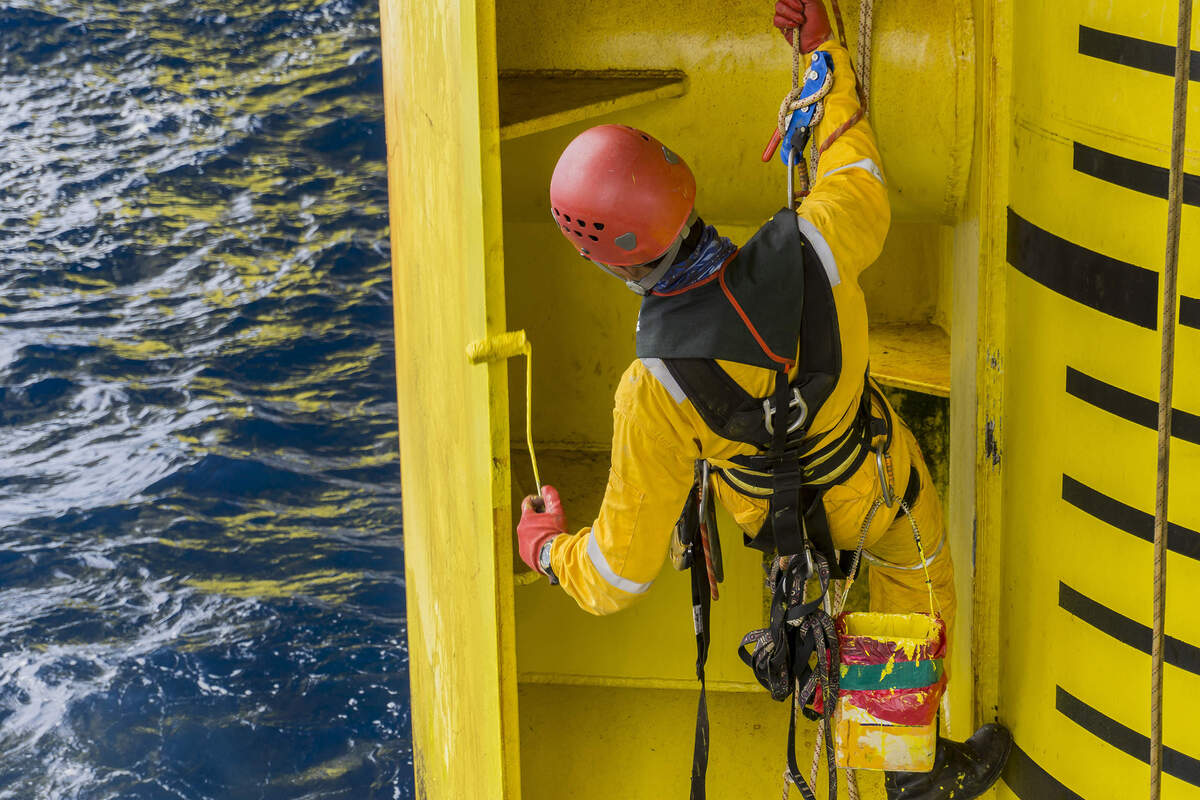In today’s competitive art world, aspiring painters often question the worth of formal education. Investing in painter training programs can significantly enhance one’s skills and career prospects. These programs give a structured curriculum, covering various painting techniques and styles. By enrolling in painting training courses, artists access experienced instructors who offer valuable feedback and guidance. This formal training helps students create a solid foundation in the fundamentals of painting, ensuring they are well-prepared to tackle complex projects. Moreover, the discipline and rigor of these courses instill an expert work ethic, essential for success in the art industry. Professional painting courses offer specialized training that goes beyond basic techniques. These courses concentrate on advanced skills and niche areas such as for example industrial painting. Obtaining a professional painting certification can open doors to lucrative opportunities in sectors that want precise and durable paint applications. The certification involves comprehensive industrial coating training, which teaches painters how to apply protective coatings to various surfaces. If you are hunting for additional details on icats training course, view the earlier mentioned website.
This specialized knowledge is essential for ensuring the longevity and aesthetic appeal of painted structures. Painters with such certifications are highly sought after, as they possess the expertise needed for high-stakes projects. In addition to traditional methods, modern painting often involves the usage of advanced equipment like paint sprayers. Paint spraying training courses are created to teach artists how to use these tools effectively. Paint spray training includes lessons on equipment maintenance, spray techniques, and safety procedures. Mastery of these skills is needed for achieving smooth, even finishes on large surfaces. Paint sprayer training also covers different types of sprayers and their applications, making it a versatile addition to a painter’s skill set. Painters who complete these courses are better equipped to handle a number of projects efficiently and professionally. For those looking to gain formal recognition of the skills, ICATS training (Industrial Coating Applicator Training Scheme) is a wonderful option. The ICATS training course provides comprehensive instruction in industrial coating applications, including surface preparation and coating techniques. This program emphasizes health and safety standards, which are critical in industrial settings. Completing an ICATS course demonstrates a painter’s commitment to maintaining high standards in their work. Additionally, ICATS training online offers flexibility, allowing artists to balance their education with other responsibilities.
This certification enhances a painter’s credibility and employability in the industrial sector. The benefits of formal art education extend beyond skill development. Painter training programs often include networking opportunities that may be invaluable for career advancement. Reaching instructors, peers, and industry professionals allows artists to construct connections and understand potential job opportunities. These networks can lead to collaborations, exhibitions, and commissions that could not be accessible otherwise. Painting training courses also expose students to a variety of artistic styles and perspectives, fostering creativity and innovation. This exposure helps artists develop their particular style and approach, making their work stand out in a packed market. In conclusion, studying painting through formal education is just a worthwhile investment for aspiring artists. Professional painting courses and painter training programs provide the technical skills, knowledge, and discipline essential for success in the art world. Specializations like industrial painting certification and paint spraying training courses enhance a painter’s versatility and marketability. Programs such as for example ICATS training offer formal recognition and credibility, making painters more competitive in the work market. Overall, the comprehensive training and opportunities given by these courses equip artists with the equipment they have to thrive within their careers and achieve long-term success.





